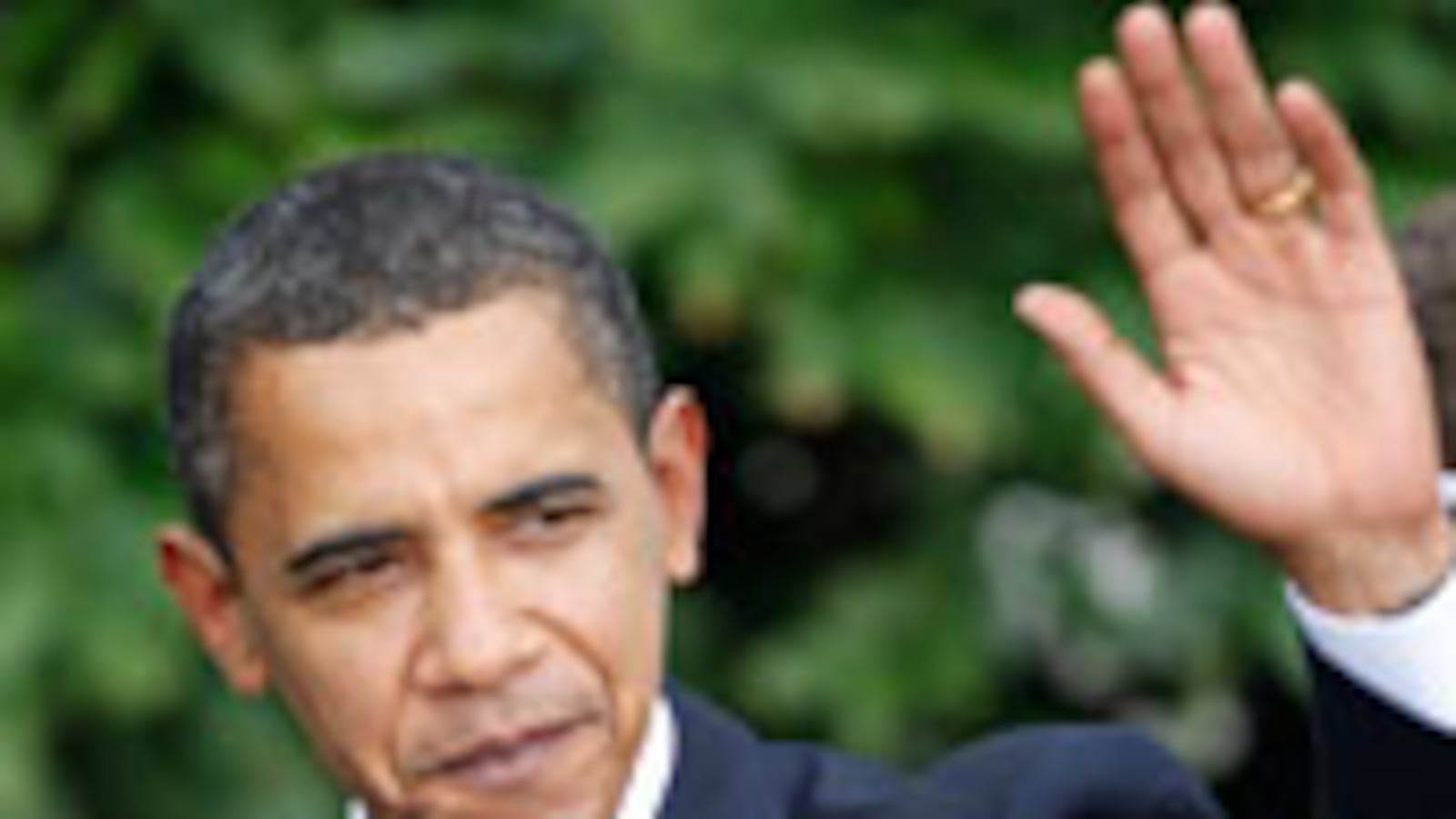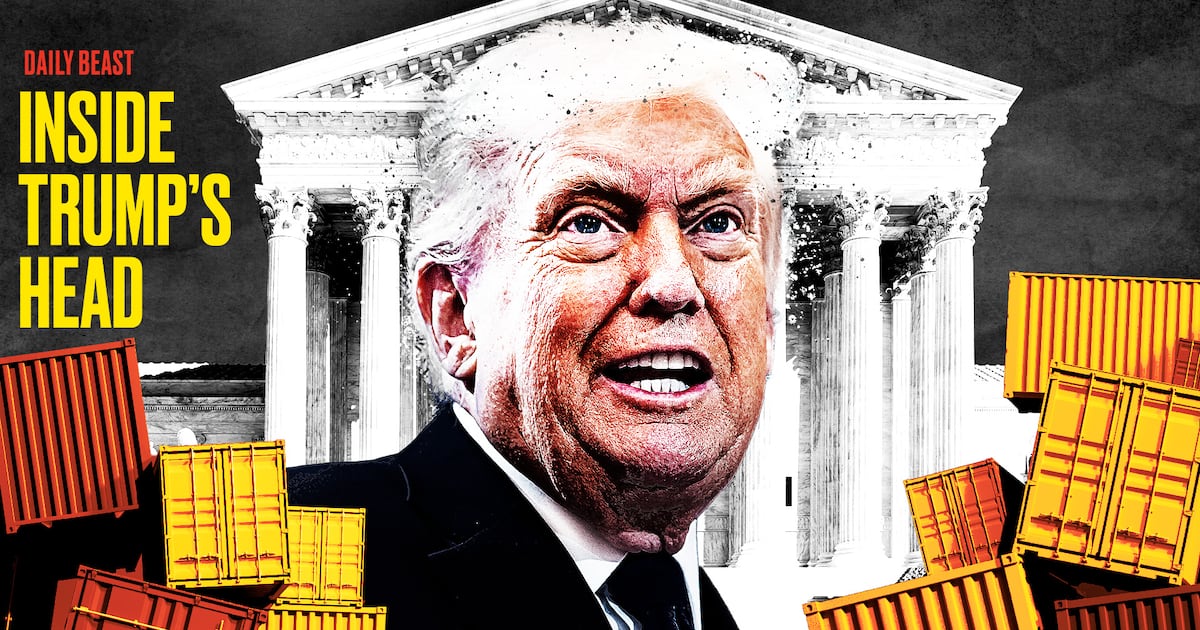
In early 2008, the French Foreign Minister, Bernard Kouchner, was asked whether the United States could repair the damage it had suffered to its reputation during the Bush presidency. His reply: “the magic is over….It will never be as it was before.”
Kouchner was not alone in his analysis. Former presidential candidate Howard Dean thought it would take decades to restore America’s prestige. Gore Vidal reportedly said it would take closer to a century.
So long as Washington doesn’t go out of its way to alienate and ignore the world, it apparently has significant stores of public goodwill on which it can draw.
Just eighteen months after Kouchner’s comments, however, global attitudes towards the United States are undergoing a V-shaped recovery. Barack Obama’s Nobel Peace Prize was emblematic of something that can be quantified across the world. A recent multi-nation Pew poll found: “In many countries opinions of the United States are now about as positive as they were at the beginning of the decade before George W. Bush took office.”
The newly released Nation Brands Index shows the United States in the top spot as the country with the best overall brand, up from seventh place a year ago.
And Down Under, where attitudes towards America can be seen as a bellwether, a Lowy Institute poll released today in Australia has 85% of the adult population saying the Australia-United States alliance is very or fairly important for Australia’s security—up 22 points since 2007. This is the highest level of support recorded for the alliance since polling began five years ago and the first time that a majority of Australians have said that the alliance with the United States is “very important”.
Trust in the United States has also risen: 83% of Australians now trust America “a great deal” or “somewhat” to act responsibly in the world, up 23 points since 2006.
Australians also appear to disagree with those analysts who argued during the end of the Bush presidency that the U.S. was in terminal decline. 70% of Australians believe it is either very or somewhat likely that Australia will still be able to rely on the United States to provide a security guarantee in 20 years’ time.
Sceptics may respond: “well, the Australians would say that,” since their country is another English-speaking democracy spread across a continent located on the edge of the Pacific.
Yet at the nadir of the Bush era, even Australians felt no more warmly about the United States than they did about countries as culturally different as China and India. And in the Lowy Institute’s 2005 poll, by one measure, as many Australians were worried by U.S. foreign policies as they were by Islamic fundamentalism.
If feelings toward the United States have warmed to their highest levels since the Institute’s polling began, feelings toward China have been cooling: 40% of Australians now see China’s development as a world power as a critical threat to Australia’s vital interests in the next ten years, up 15 points since 2006.
The most obvious explanation for the shift in perceptions of the United States is the replacement of President Bush by President Obama. It helps a country’s public image when its head of state is widely liked rather than widely disliked.
If the world had had votes in the 2008 presidential election, they would have been cast for the Democratic candidate. In Australia, our polling found Australians preferred Obama to John McCain by more than four-to-one—a ratio found in many countries.
This kind of international swooning creates a risk of dashed expectations, of course—both within the United States and outside of it. So far, international support for Obama is holding up better than his domestic numbers, but it is likely that when he starts making tough foreign policy decisions he will disappoint a lot of non-Americans. Equally, Americans will be disappointed if they find that public affection for Obama abroad does not translate into a preparedness to share burdens with the United States on issues such as Afghanistan and nuclear non-proliferation.
Still, for America—and friends of America—these are good problems to have. The most important conclusion to draw from the most recent polls is that the United States continues to exert a magnetic appeal upon much of the world.
Anti-Americanism will not go away, and there is still catching up to be done in regions such as the Middle East. Any country that looms as large as the United States—culturally as well as economically and politically—will leave some resentment in its wake. But so long as Washington doesn’t go out of its way to alienate and ignore the world, it apparently has significant stores of public goodwill on which it can draw.
The magic is far from over.
Michael Fullilove is the director of the global issues program at the Lowy Institute and a non-resident senior fellow at the Brookings Institution.
Fergus Hanson is the director of the Lowy Institute Poll.







